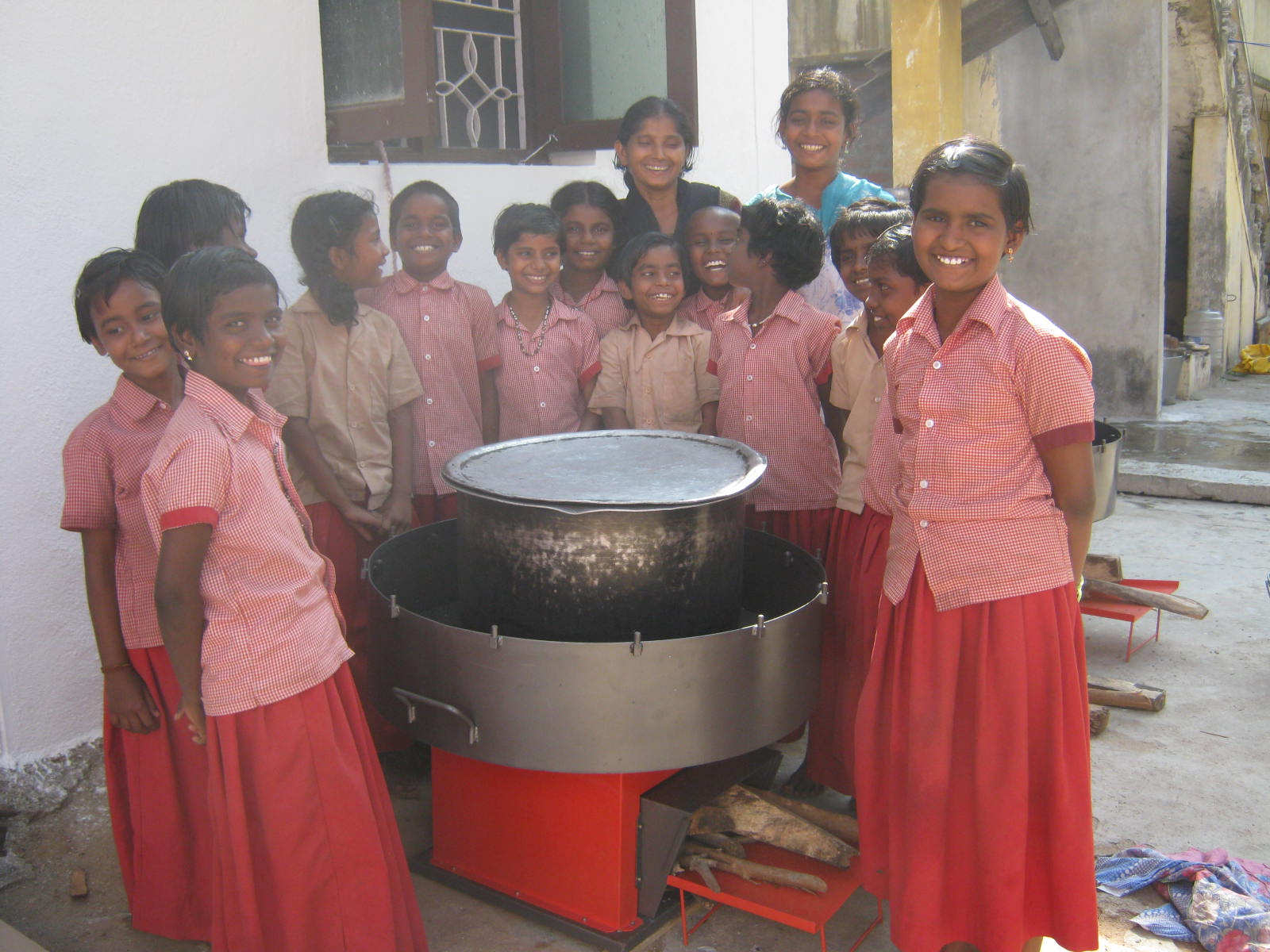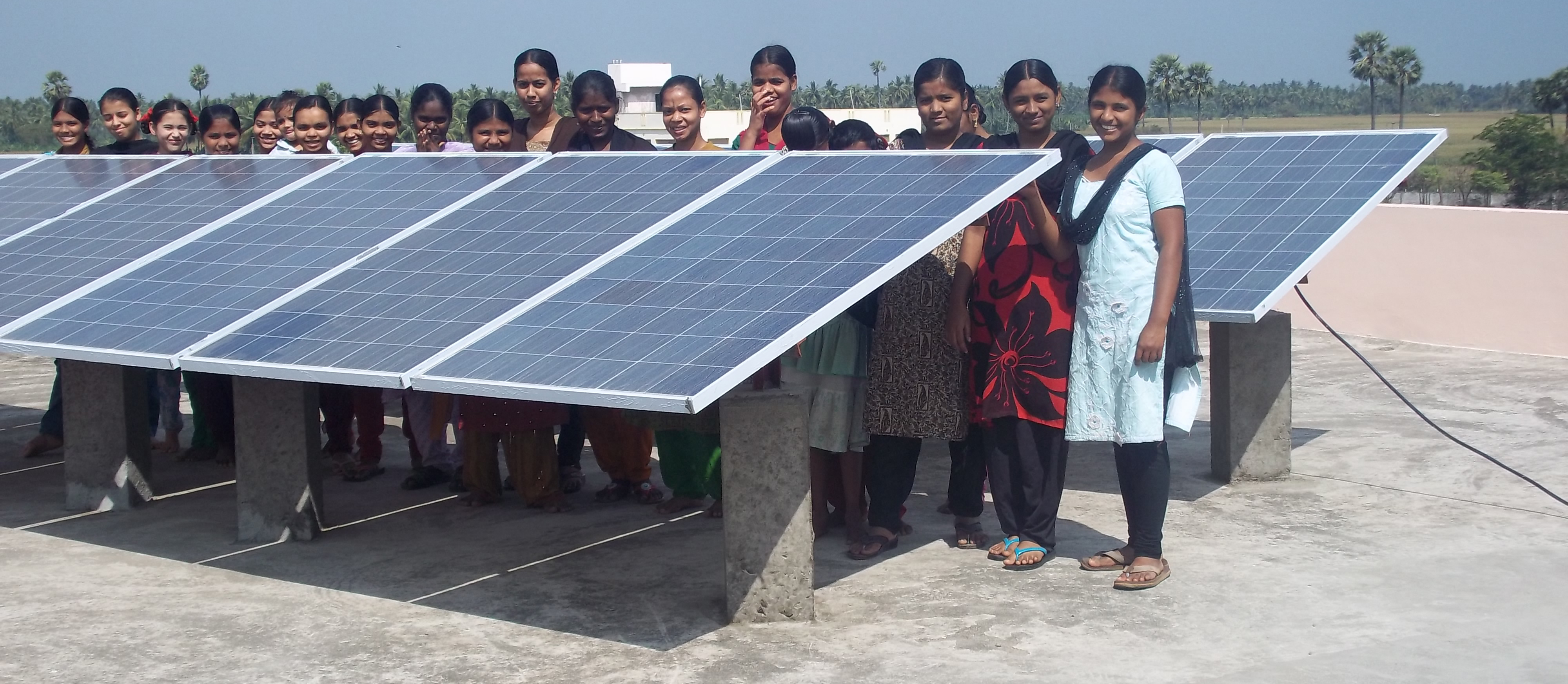An estimated 300,000 despondent farmers in India have committed suicide, leaving behind widows with many children but no income to pay their mounting debt.
India’s water crisis has led to widespread crop failure. Farming is the primary livelihood for nearly 60% of India’s population. In order to plant a crop, rural farmers must take out loans to buy seeds, fertilizer, or equipment. Marginal farmers still rely on rain for irrigation, but there has been a severe drought for two decades.
Without crops to sell, these farmers can’t repay their high-interest loans, and they have no other means of income.
Sometimes a husband and wife form a suicide pact, leaving their children with nothing. These children often come to live at an orphanage in need of a safe and loving home.
As India’s population grows, and water is becoming more scarce, we must find sustainable solutions. World’s Children is committed to funding projects with long-term sustainability whenever possible like the smokeless stove you see above.
The Problem
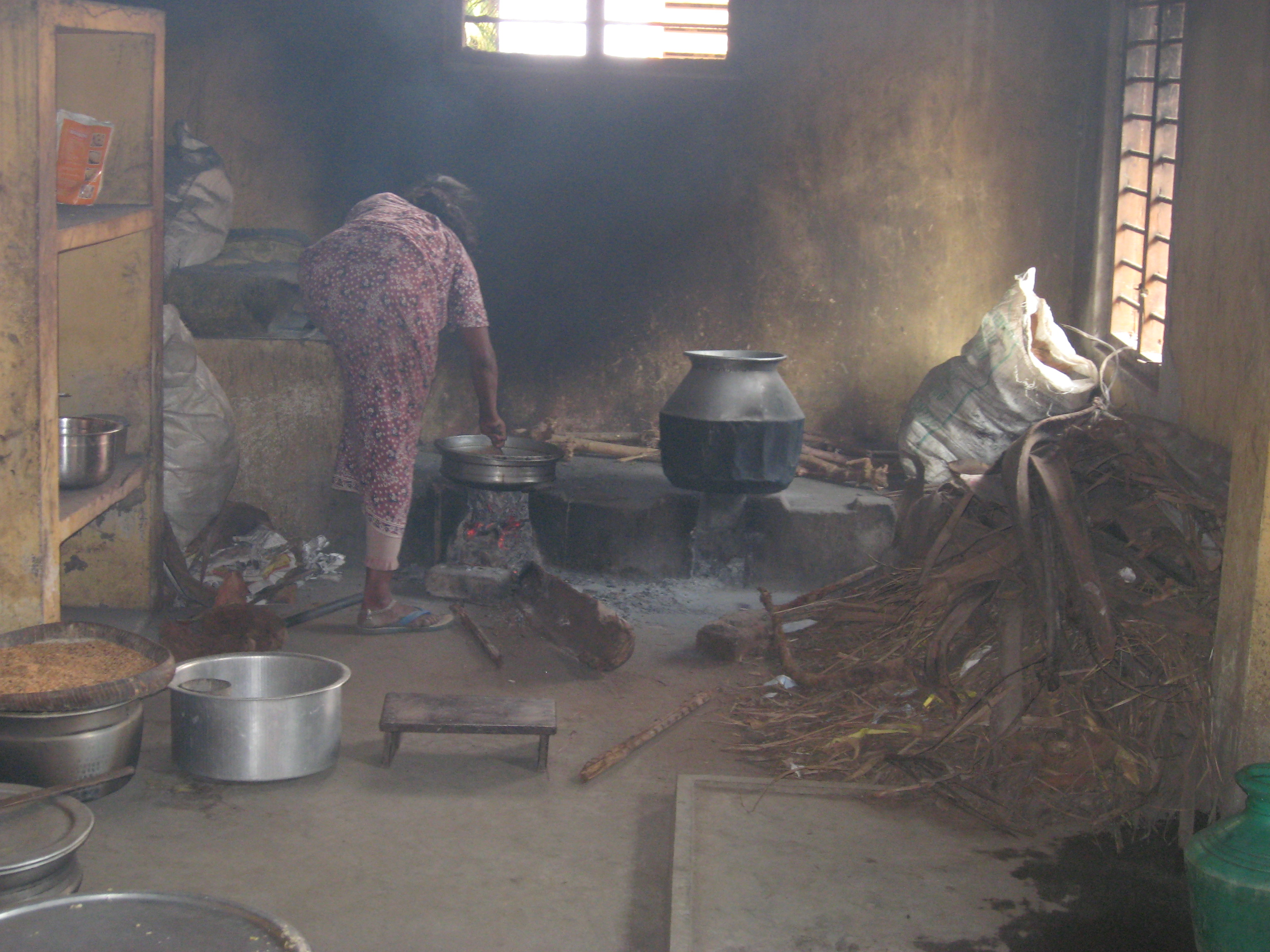
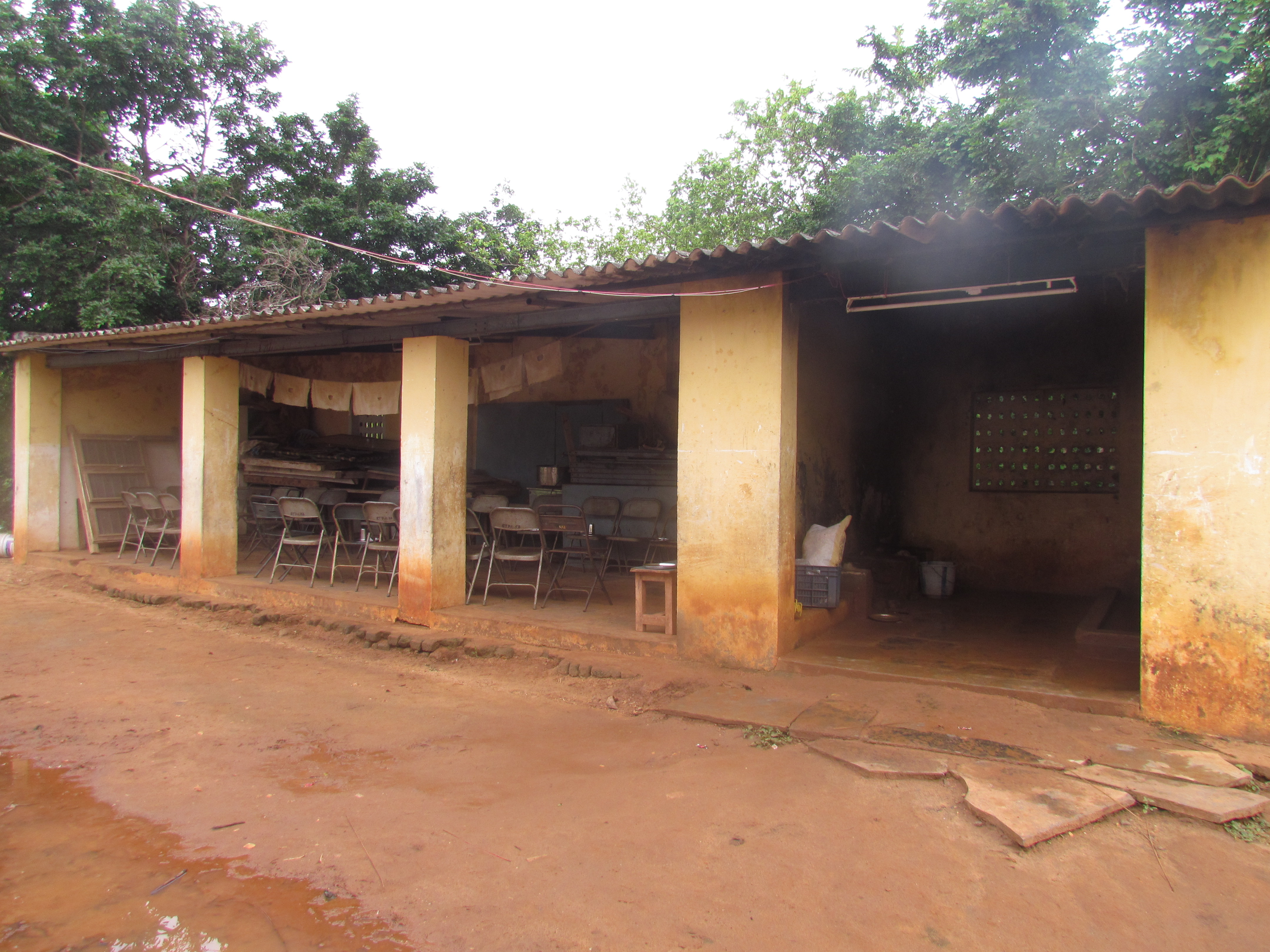
We have been building new kitchens at many of our orphanages, and from the photos above, you can see why. Imagine cooking for hundreds of kids every single day when you don’t even have a real stove. Instead, you cook three meals every day over a wood fire inside a building with no ventilation.
Household air pollution is a serious issue in India and it affects women disproportionately since they are primarily responsible for the cooking, but many must rely on wood to cook. And wood is not plentiful.
The Solution
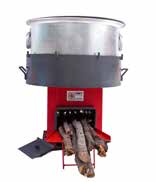
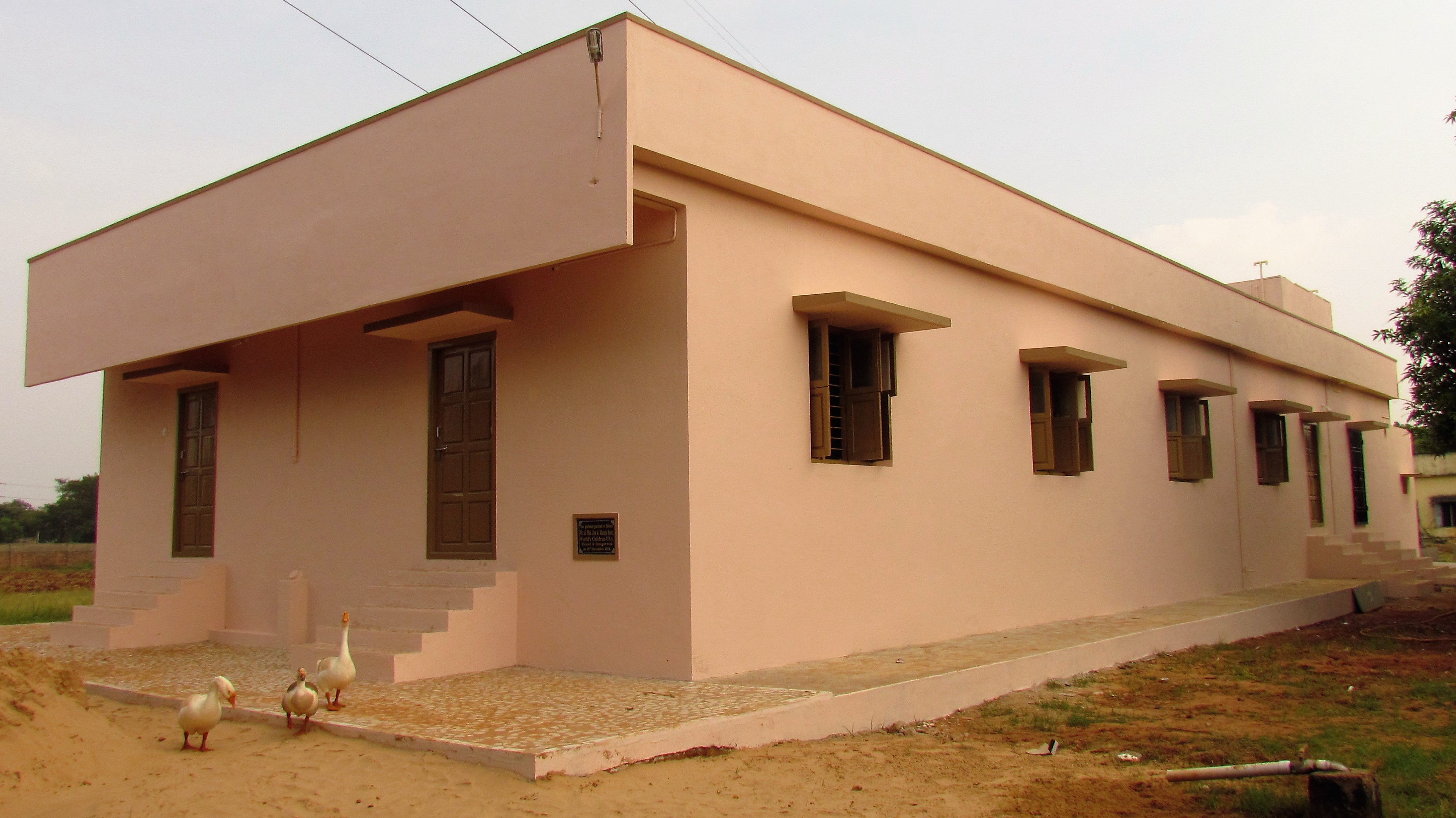
We tore down dilapidated old kitchens and built new ones. But we noticed that in the completed kitchens they were still using an open wood fire inside the kitchen to cook their food.
Wood fires are the low-cost way of cooking all over India. Propane is cleaner but not always affordable. We could see that a beautiful new kitchen with whitewashed walls would soon become dark and grimy from soot. And the cooks would have to inhale all that smoke.
We just couldn’t live with that, so we found a cleaner cook stove that would use less wood and need less ventilation. Now whenever we build a kitchen where propane is not an option, we provide cleaner and safer stoves like the Prakti institutional stove.
A solar electrical system in a children’s home provides an alternative to the unstable electrical “grid” in India, allowing the children to do their homework, bathe, and play without the constant interruption of power outages.
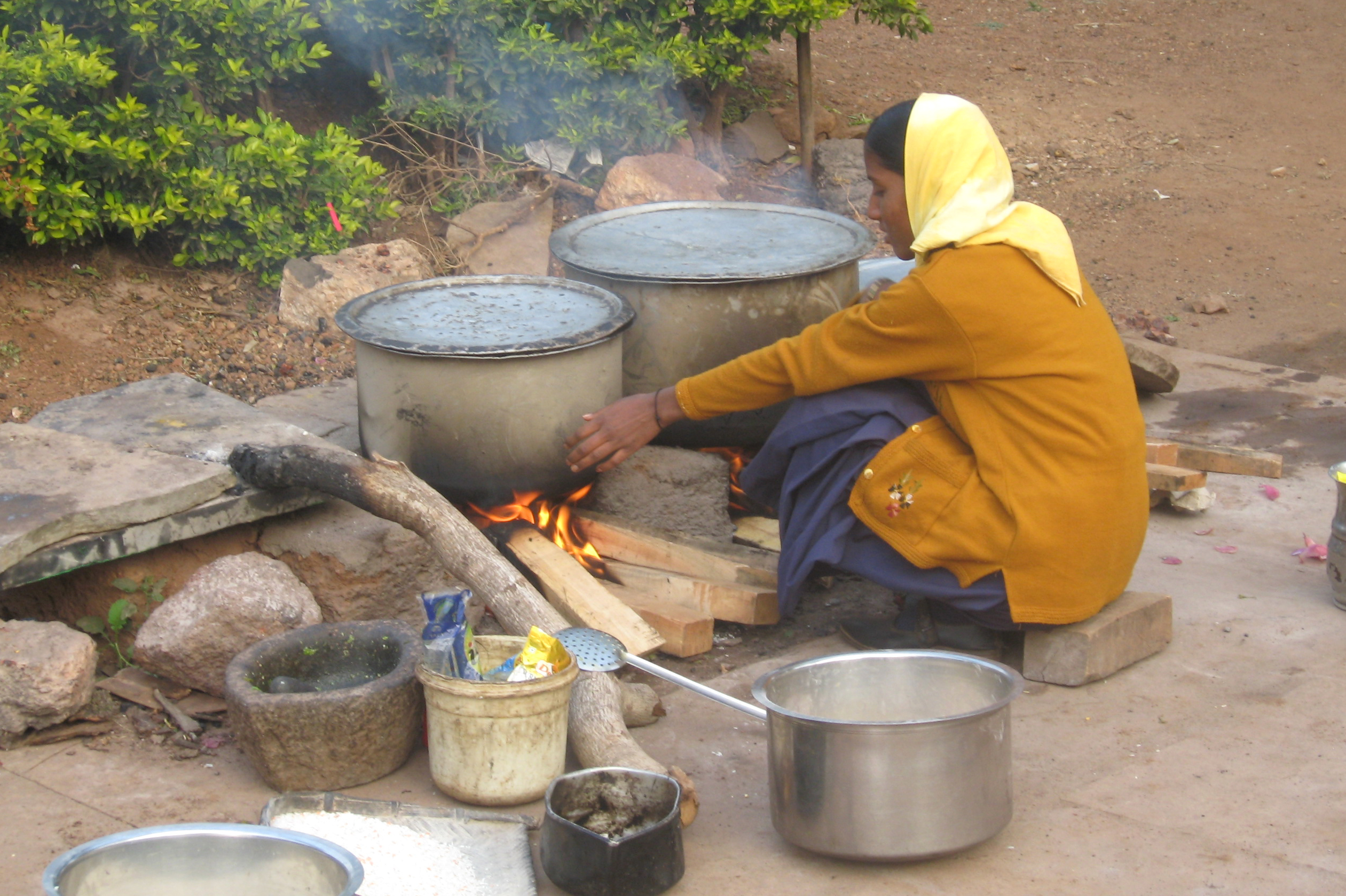
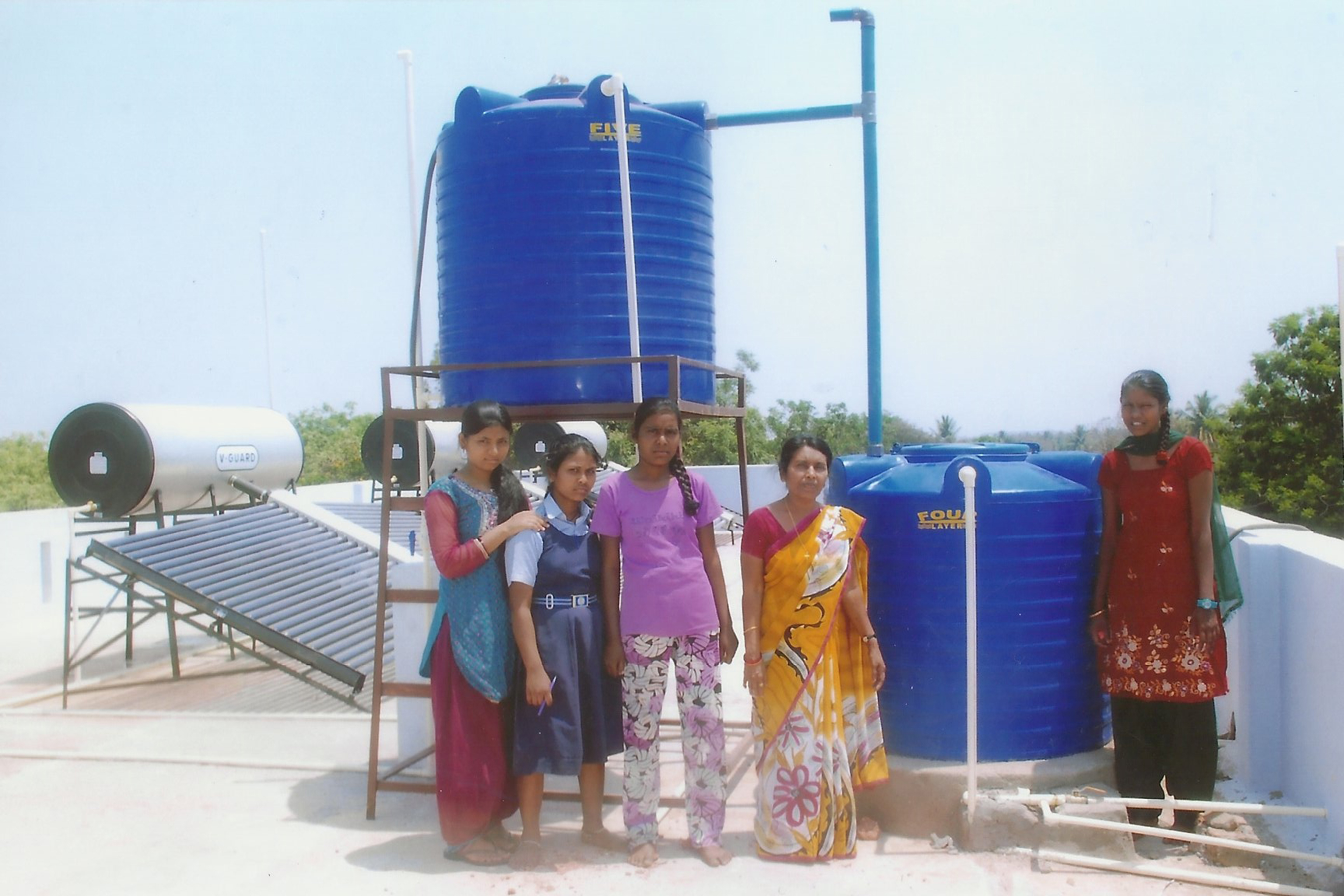
Solar hot water heaters eliminate the need for wood fires to heat water for cooking and bathing, which cuts down on air pollution, local deforestation, and labor costs.

